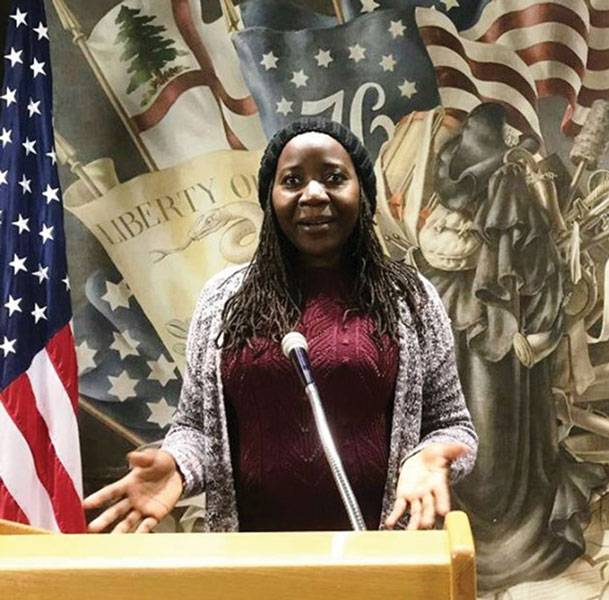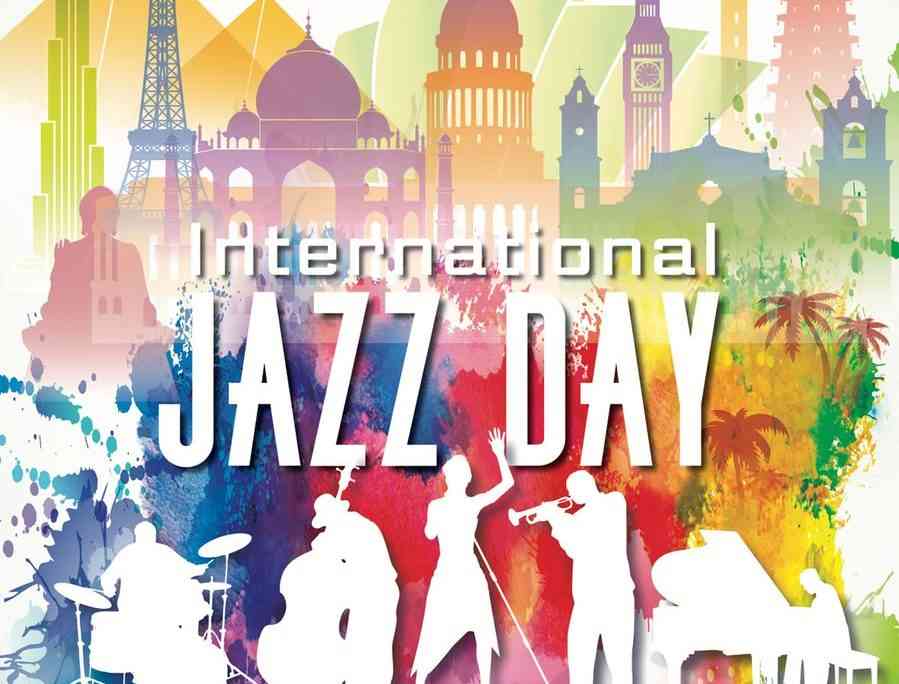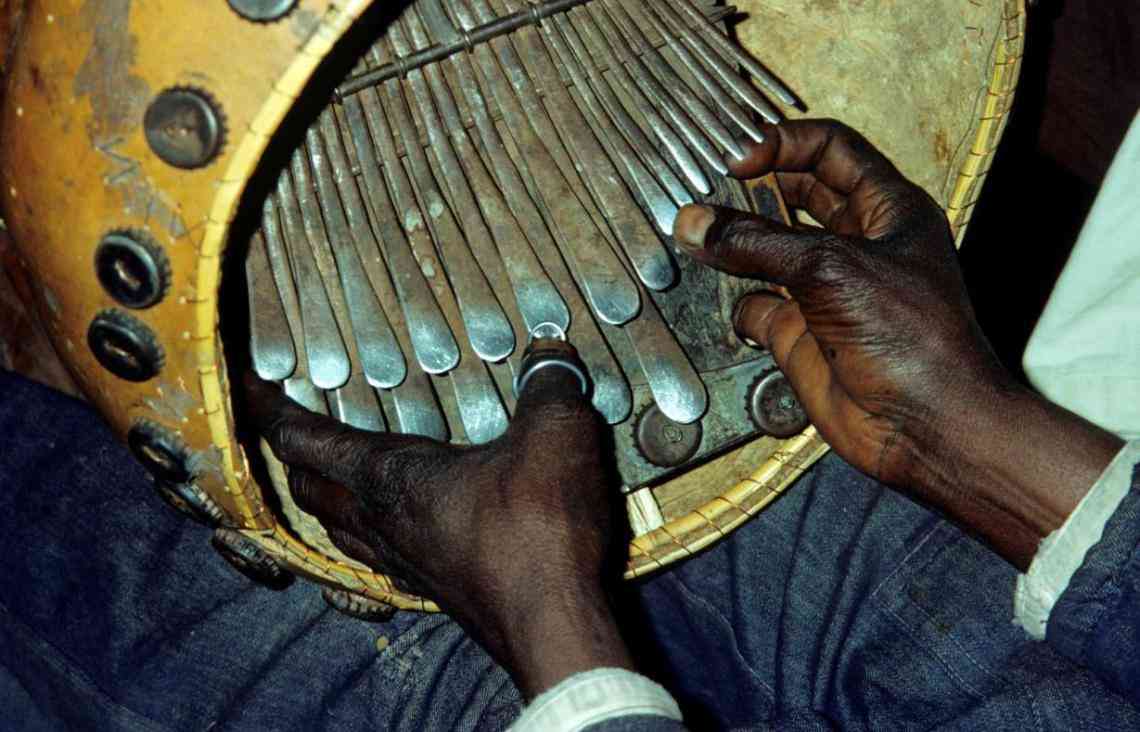
BETWEEN THE LINES:Tanaka Chidora
Batsirai Chigama’s debut poetry collection, Gather the Children (2018), is a riveting read especially given Chigama’s linguistic dexterity and energetic deployment of language which, I am sure, can be traced to her history as a spoken word poet.
While reading the collection, the temptation to listen to the spoken word poet is very strong, especially if one is aware of her spoken word background. While reading, you want to listen to those pauses, to that fast rhythm, and to that calculated selection of rhymes that characterises spoken word. For instance, in the poem, I do not want to be Forgotten, those tell-tale signs of spoken word performances are there: “I want to rise each morning/With the certainty of the sun/That between seasons carefully/Chooses when the world should glow/Look, look at me some more/Under these skirts you know/In the private parts of my thoughts/There is a black ant, big/It bites my thoughts, bites/Endlessly my thighs twitch…”
This collection is a gathering of experiences which are obviously supposed to shroud life with the darkness of sorrow and sadness: Days of uncertainty, anxieties of birthing a child into a world whose constitution is skewed in favour of sadness, manifestations of abuse in silences that stammer, independence that has gathered dust because it is trapped in once-a-year rituals, and children scattered abroad in xenophobic spaces by a country that seems to be cruel to its people.
All of this sadness is gathered into this collection with a delivery, an expression of this sadness, which is not without bitter laughter. For instance, when the poet remembers Julius Chingono (1946-2011) in Through the Eyes of Julius, the impression is that this is not just another sad remembrance. The grief of missing him is sprinkled with the memory of the laughter that he provoked when he was still with us. Says the poet: “We were minuscule caricatures/Split between the rims of his glasses/Each one of us/Stuffed shirts and too serious/to gather laughter in our stride/He stitched simple paisleys/on our foreheads/that told the world/we were ‘tighter than thief’s anus.’/All we needed was just a fart/to remind us we are human/After all.”
The things that remind us of our humanity are those whose pungency is not usually associated with flared noses happily sucking oxygen into the lungs. But those things are still necessary because they remind us that we are still alive.
The need to assert life in the midst of an ignoble existence, the will to be alive in a space that murders life, is what makes this collection an intervention of sorts. If you have been in Zimbabwe since 2000, and if you have seen hope drying like a raisin in the sun, and if you have performed a couple of miracles to survive (including braving xenophobia, standing under the scorching sun for hours to withdraw a couple of bond notes, or moving around with the stride of a perpetual migrant), then this collection contains an inventory that is familiar to you, except that Chigama’s use of language gives these conditions a poetic hallow that makes you mistakenly conclude that life has to be sad to be poetic.
And speaking of sadness and poetry, Zimbabwe is definitely blessed with writers who have created beautiful art from sadness. Think of: House of Hunger (Dambudzo Marechera); Waiting for the Rain (Charles Mungoshi); Red Hills of Home (Chenjerai Hove); On the Road Again (Freedom Nyamubaya); Harvest of Thorns (Shimmer Chinodya); Echoing Silences (Alexander Kanengoni); No More Plastic Balls (edited by Robert Muponde and Clement Chihota); A Fine Madness (Mashingaidze Gomo); Without a Name (Yvone Vera); Harare North (Brian Chikwava); We Need New Names (NoViolet Bulawayo); The Magistrate, The Maestro & The Mathematician (Tendai Huchu); This September Sun (Bryony Rheam) and many other prominent publications.
- Chamisa under fire over US$120K donation
- Mavhunga puts DeMbare into Chibuku quarterfinals
- Pension funds bet on Cabora Bassa oilfields
- Councils defy govt fire tender directive
Keep Reading
The common denominator for these texts are characters jettisoned into a life of suffering by the caprices of existence. However, in the hands of writers, these characters assume a new life so that we remember them as characters whose stories were beautifully crafted. This is not a Zimbabwean tradition alone; literature, by its very nature, is obsessed with the dystopic, the despicable, the chaotic and various forms of turmoil that are hammered into pages of beautifully crafted syntaxes.
I don’t know if it’s possible to look for any form of happiness in Chigama’s poetry: Maybe the soothing, but powerful taste of a very cold beer on a very hot October afternoon, or the embrace of her beautiful eyes as she ogles at you, or the interlocking ranges of mountains that start as green, but become bluer and bluer as they stretch further and further from where you are standing, or the kindetekinde sound of the Jangamishoni (that’s what we have always been calling it, right?) drum, or a lot of other beautiful things that life can offer in those moments when it’s not offering sadness. After all, why would we gather the children if we cannot offer them beautiful things?
But then, when you read these poems, you get the feeling that after all we have been through as a nation, a nation that “has acquired the taste of discomfort/Over the longest time,” at least this is what we have, our Zimbabwe, and to it, we shall gather the children, we shall “Gather their whispering souls together/before they are hushed, become soil/in that land where their blood has no value.” Somehow, this collection reminds me of two collections by the late Chenjerai Hove: Blind Moon and Rainbows in the Dust. Both collections, like this one, passionately engage in the political turmoil and upheavals whose effects are acutely felt by the underdog. Thus, it is easy to identify with this collection, and also easy to indulge in the reminiscences it provokes, reminiscences which, though sad, are not without bitter laughter.











